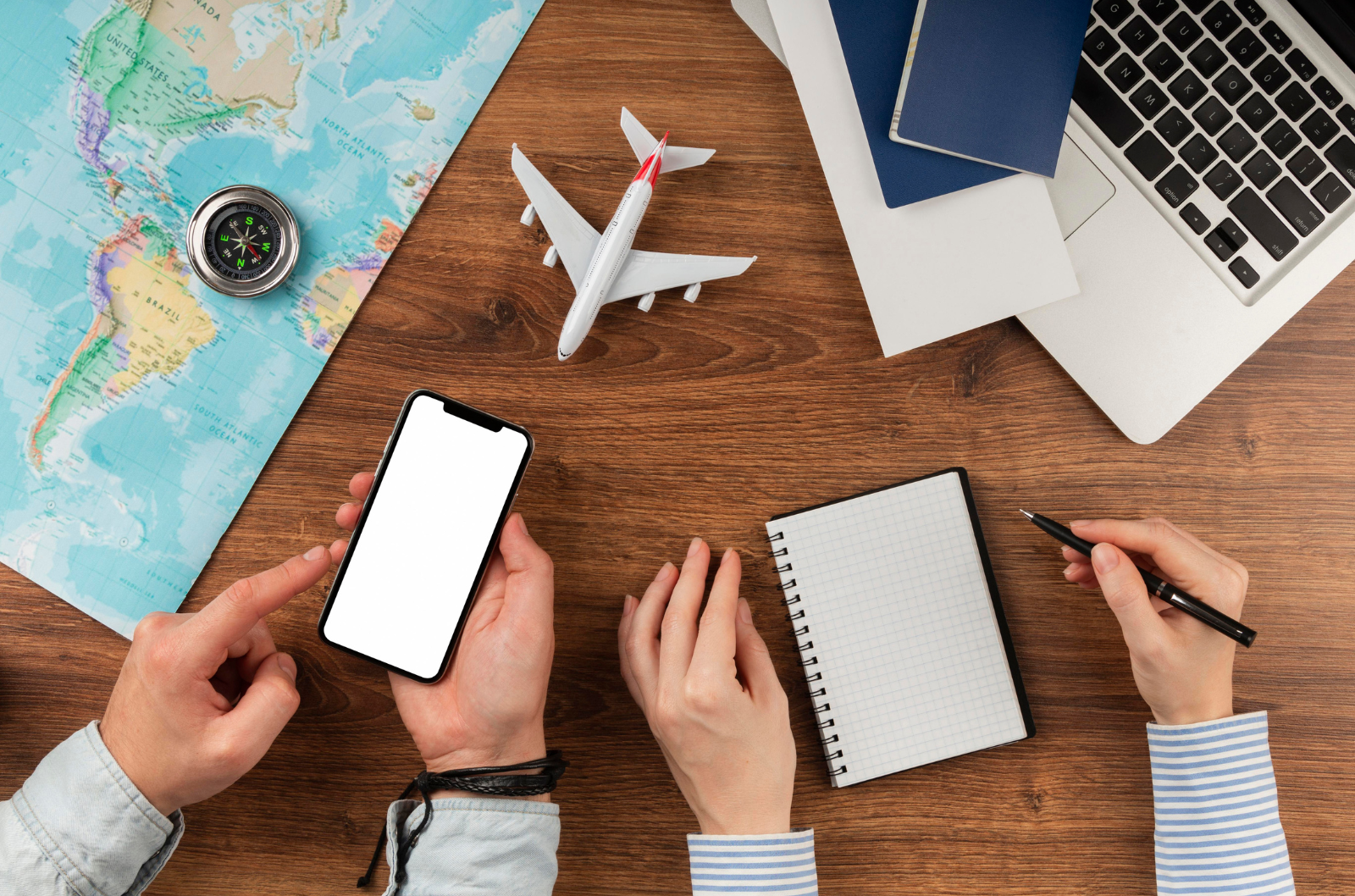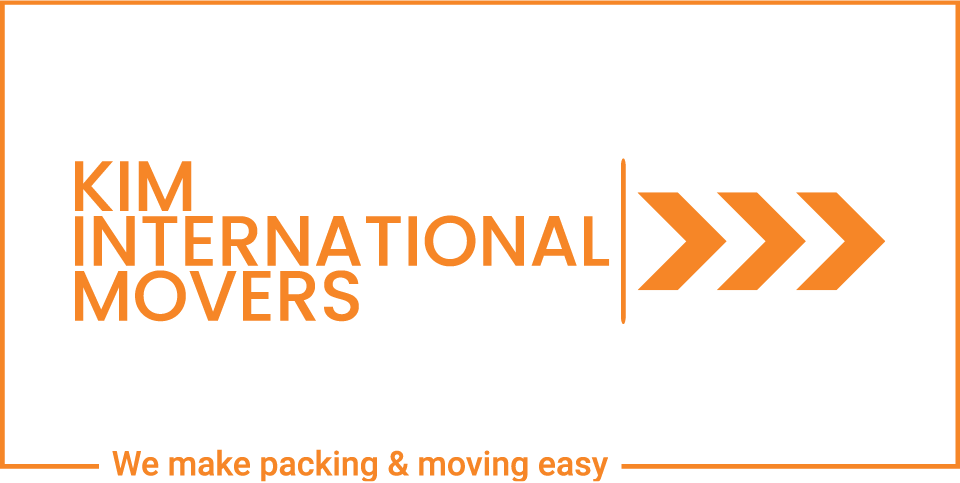
Obtaining Visas: What You Need To Know
When moving abroad, obtaining a visa is a crucial step in the immigration process. Visas are official documents issued by your destination country’s government that allow you to legally enter, work, or study there. There are different types of visas, each with its own requirements and purposes:
Tourist Visas: These are for short visits, usually for tourism or business purposes.
Student Visas: Designed for those pursuing education in a foreign country.
Work Visas: Required for those planning to work in a foreign country.
Family Visas: For individuals joining family members living in the destination country.
To apply for a visa, you’ll typically need to provide proof of your identity, such as a passport, and may also need to show evidence of financial stability, like bank statements. The application process varies by country and visa type, but it generally involves submitting an application form with the necessary documents and fees. Research the specific requirements for your destination country to ensure a successful application.
Applying For Work Permits
If you plan to work in a foreign country, you must apply for a work permit. Different types of work permits are available, such as:
Permanent Residence Visas: For long-term living and working in the same country.
Temporary Residence Visas: For shorter stays, typically less than a year.
Seasonal Work Visas: Allow temporary work during peak seasons.
Intra-Company Transfer Visas: Designed for employees moving to a different branch or office in another country.
To apply for a work permit, you’ll need to provide proof of identity, education, or qualifications, and often proof of financial stability. Depending on the country, there may be additional requirements like medical certificates or security checks. The application process can vary in duration, and fees may apply.
Understanding Laws And Regulations
Before moving abroad, it’s crucial to understand the laws and regulations of your new home. Some key aspects to consider include:
Residency Requirements: Some countries have specific requirements for foreign residents.
Visa Requirements: Ensure you have the correct visa for your situation.
Tax Laws: Familiarize yourself with local tax laws.
Healthcare: Be aware of healthcare requirements in your new country.
Traffic Laws: Understand local traffic regulations.
Consult government websites, reliable sources, and embassy representatives to stay informed and avoid potential legal issues during your stay abroad.
Preparing For Customs Inspections
Preparing for customs inspections is vital when moving abroad. Here’s what you need to know:
Declared Items: Most personal items, including clothing and electronics, must be declared.
Purchased Abroad: Items bought overseas must also be declared.
Food Items: Some countries restrict certain foods, so check regulations.
Medication: Understand medication rules for your destination country.
Provide accurate descriptions of declared items and ensure they meet packaging requirements. Being organized will help you transition smoothly.
Tips For A Smooth Transition
To have a successful move abroad, consider these tips:
Research Local Culture: Learn about customs, traditions, and social norms.
Learn the Language: Speaking the local language is helpful for daily life and making friends.
Find Housing: Research neighborhoods and consider renting before buying.
Set Up Banking Services: Research local banks and their services.
Get Involved: Participate in local activities to immerse yourself in the culture.
Conclusion
In conclusion, by following these tips and being well-prepared, you can navigate customs and immigration more easily and enjoy a smoother transition to your new home abroad. While we at KIM International Movers specialize in seamlessly transporting your possessions during an international move, it’s important to keep in mind that we primarily handle the logistics of your relocation. When it comes to immigration paperwork, understanding local regulations, and navigating a new culture, you may want to seek guidance from experts in those respective fields or get guidance from our blogs to ensure a comprehensive and smooth transition to your new home.
FAQs
Visa processing times vary by country and type. Some visas are processed quickly, while others may take several months.
It depends on your intended activities. If you plan to work while studying, you may need a work permit in addition to a student visa.
Yes, but there are specific regulations and requirements for pet travel. Research the rules for your destination country, with guidance from KIM International Movers.
Consult with the embassy or consulate of your destination country for guidance on your next steps, with expert assistance from KIM International Movers.
Some visas may have age restrictions or specific eligibility criteria. Check the requirements for your desired visa type.
